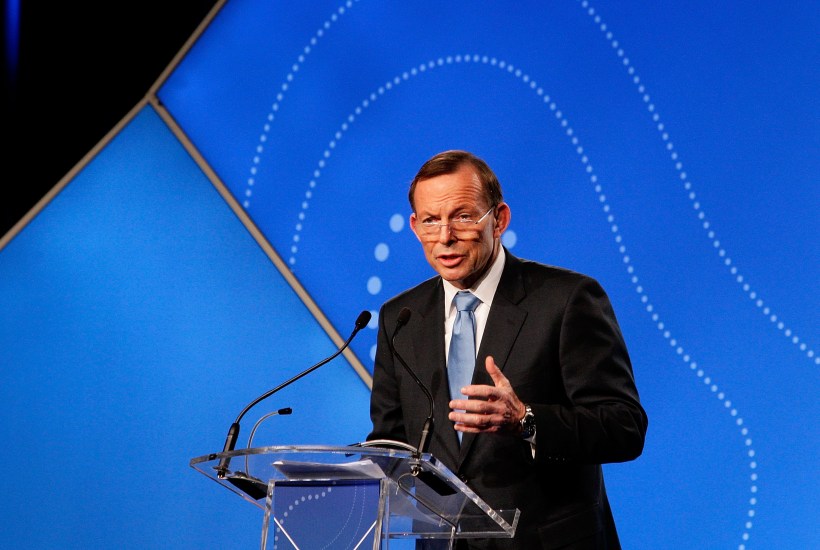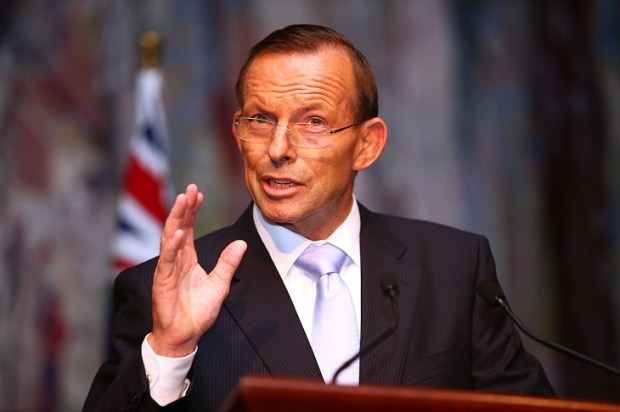Because we can criticise episodes of the abuse of power by Western nations or the descent to nonsense by those who profess to be intellectuals, we ought not to be blinded to the enduring value of the West’s unique intellectual tradition. It alone articulated the objective standard by which we know when ’something is rotten in the State of Denmark.’
Let us assume for the moment, without providing proof, that the greatest influences upon Western man, can be represented by two great cities, Jerusalem and Athens: Athens, for, inter alia, its statesmen, philosophy and poetry, what man can accomplish by unaided human reason; and Jerusalem as home to faith and revelation.
Professor Leo Strauss may be famous for providing liberal education to American university students, but his articulation of the basis in reason of Socratic natural right in his book, Natural Right and History and the unreason of those who attack it, is the antidote, the cure, to the mind-deadening nihilism of the social science and humanities courses for which the Ramsay Centre searches.
Strauss and his students have made possible a rational defence of Western Civilisation when the universities were arguing that it was just another form of barbarism Those arguments against the West are still being taught in Australian universities and, as the recent ANU experience shows, those universities will defend their ignorance at all costs; the open university with the closed mind.
The Australian has reported that comments by Tony Abbott in an article in April’s Quadrant that the Ramsay Centre for Western Civilisation should not only study Western Civilisation, scuttled a deal with the ANU. I am sure that he didn’t mean it in quite the way that the university took it. The benefit of a liberal education is not blindly jingoistic. It is conservative because it permits students to understand what ought to be conserved and what ought to be avoided.
The Socratic philosophy that emerged from fourth century BC Athens epitomised the perfection of human reason in search of the truth about the whole. The middle ages saw reason’s power applied to the revelation of Jerusalem. The Enlightenment shone a dim light on both Socratic philosophy and revelation, only to be switched off by the French philosopher Rousseau whose theory of evolution implied historical progress and a flexible human nature.
Rousseau inspired Kant who corrected Rousseau sufficiently for Hegel to believe that the end of history had arrived. Marx thought that was wrong. With Darwin’s field data in and Hegel’s history, he concluded that there could be no end of history until the capitalist means of production were owned by the State which withered away so communist man might emerge from his evolutionary shell as philosophic man: hunting in the morning, fishing in the afternoon and criticising everything at night. Marx’s imprudent economic theory spawned the communist tyranny of almost eighty years duration and many millions of deaths.
Nietzsche had seen the danger of Marx’s theory, the danger of the last man but he accepted the evolutionary history of man and its logical conclusion, the nihilistic man who longed for a moral horizon although values didn’t exist. Nietzsche proposed the superman, the great man who would create values for everyone. Nazism rode into town on Nietzsche’s horse and slaughtered a few million more in the name of evolutionary progress.
Why is this potted history of Western political philosophy necessary? It is necessary to show that to study Western civilisation is to face examples of practices that are antithetical to what decent men and women will accept. The cause of Communism and Nazism – I don’t mean Lenin and Hitler – is the product of a philosophical attack on human reason by German philosophers and a belief that the progressive nature of science was good. Only by confronting that debate as reasonable men, can students understand how the distinction between civilisation and barbarism can be drawn and why the doctrine of culture teaches toleration of evil.
Abbott could not, therefore, have meant that everything about Western Civilisation in a historical sense should be viewed favourably. Most likely, he must have meant that the students will desire to be civilised and to conserve what is worth conserving, for that means something like the following.
A tentative meaning of civilisation must refer to the cultivation of that quintessential attribute of man, his intellect or reason and not, as many would have it, the cultivation of the arts. The cultivation of reason reveals itself most clearly only in the West in its own quintessential attribute, the history of political philosophy, of what Plato referred to as the ascent from the cave of opinion.
While other pursuits, the arts, music, history and so on may be interesting and entertaining, it is only the philosophical project of the West, the search for wisdom about the best way of life, that allows man to know why Marx’s theory was wrong and why Communism was evil; why Nietzsche was also wrong and why Nazism was evil.
That is the real knowledge that a course of Western Civilisation will teach. It is not available in English universities where positivism and historicism prevail, where attempts to understand the author as he understood his own works are discarded in favour of the one imputed to the work based upon a consideration of forces external to the author.
Wishful thinking and blind bluster without knowledge of where to find suitable teachers will only reaffirm the age-old saying: the road to hell is paved with good intentions.
Got something to add? Join the discussion and comment below.
Got something to add? Join the discussion and comment below.
Get 10 issues for just $10
Subscribe to The Spectator Australia today for the next 10 magazine issues, plus full online access, for just $10.


























Comments
Don't miss out
Join the conversation with other Spectator Australia readers. Subscribe to leave a comment.
SUBSCRIBEAlready a subscriber? Log in